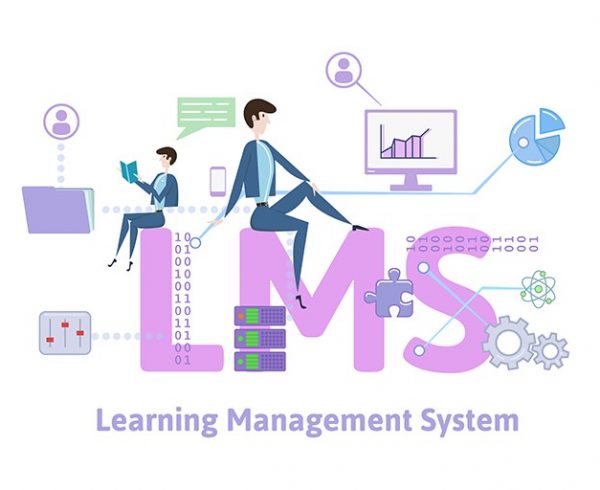More and more organizations, including small businesses, are looking for suitable LMS solutions to support the training needs of their employees. An LMS provides the perfect learning platform to manage, deliver and track training and development for employees. With the best LMS for small business, you can develop personalized training, deploy it on a large scale, and diagnose areas for potential improvement.
As a start-up or a small business, you may have limited budget to invest in an LMS. However, if you invest time to explore and choose an LMS that suits your unique small business needs, you will find it easy to align your investment with your business outcomes. With cloud-hosted LMS platforms and short-term and even free subscription trials, you can find a Learning Management System that suits their needs perfectly.
Why do small businesses need an LMS?
Here are a few reasons for small businesses to invest in an LMS:
- Reduces Training Expenses– You don’t have to worry about spending on instructor fees, maintaining a training room or printing training booklets; having a learning management system takes care of all these expenses. Here are quick tips to measure training ROI.
- Track Employee Progress- With an LMS, you will be able to track and monitor the development of your employees in terms of their training progress. You can check how many of them have completed the course and how many are stuck mid-way.
- Centralized Storage Location– You can manage and keep all your training modules and other related files at one place. Employees will also find it easier to access courses from one location.
- Update Courses Quickly– In case of any sudden updates in the course content, specifications, or even policies and regulations, you can update them at once. Thus, keeping your employees updated at all times.
- Deliver Compliance Training– Compliance training is mandatory for every organization, irrespective of their size. An LMS will help you deliver compliance training effortlessly.
- Reduces Turnover– When your employees see that you’re willing to invest in them, they tend to stay with the company for a longer time. By investing in an LMS you can help your employees learn and grow, thereby contributing to the company’s growth.
Here are some factors to consider while choosing an LMS for a small business.
- Type of Content: It is important that you examine the content that you wish to provide through the LMS. Will it focus on compliance with certifications, regulations, or licenses? Do you wish to standardize your problem-solving approach? Or is it long-form macro-learning that you are looking at? Think of your training as a road trip – you can’t decide the route till you know your destination.
- Features: Many traditional LMS have been designed for large businesses and include features and elements that may not be suitable for small businesses. It is therefore important to identify the features that you need and then choose an LMS that employees find easy to plug in and get started.
- Budget: It goes without saying that budget is an important consideration for small businesses. While choosing an LMS, understand if they offer price per user or a package subscription, which is a good option in case your business takes off. Some LMS also offer a free basic model to get started, with the ability to add pay-to-play features as needed. Also understand how many employees a particular LMS can handle, is it enough for your current needs and can you scale it for the future. Considerations for budget should not be limited to where your company is today but where it will be in the near future.
- Content Development: The next question to answer is how to develop your content. Creating in-house content can be tricky and expensive. In case you don’t have an in-house eLearning content developer, you may once again reconsider your budget to hire an expert or alternatively, choose an LMS that includes tools to create and update content. Here are the benefits of investing in custom eLearning courses for your enterprise.
- Customer Support: One of the crucial functions of an LMS is that it provides employees access to content exactly at the time when they need it the most. What would you do if your whole LMS just crashes all of a sudden? That is why you need to look for a company that provides constant customer support. Customer support can make or break your business and so you must take this into consideration before choosing an LMS.
Conclusion:
Now you know what attributes you need to look for while selecting an LMS for a small-size business. It’s not much of a difficult task. You can just look for a company that offers customized LMS solutions. These companies can provide cost effective solutions that are suited for your business type and size. You can customize the look & feel of the LMS as per your company branding with a custom theme, and design of your preference, and provide accessible, engaging and intuitive content to your employees.











